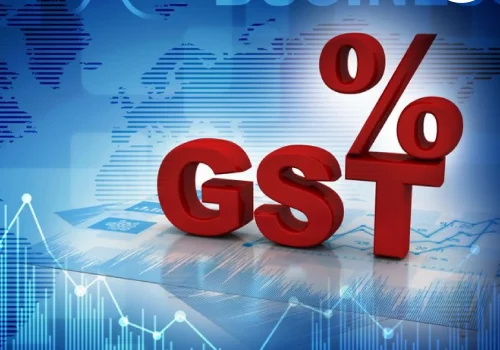All you need to know Is GST registration required for the growth of startups and small enterprises in India? This question is one that comes up regularly. It is essential to know the market and get legal registration done while starting a business.
Is GST registration mandatory for startups?
Under the GST law, GST registration is mandatory for startups and small enterprises in the following situations:
Annual income
Annual income of Rs. 20 lakhs for business services and Rs. 40 lakhs for sale of products. GST registration is mandatory after the income is received.
Interstate supply
Interstate supply GST registration is mandatory if you are supplying products or services to different states or countries.
E-commerce
GST registration is mandatory when you are selling products through e-commerce platforms like Amazon, Flipkart.
Input tax credit
GST registration is mandatory to claim input tax credit, new credit and to transact with the seller.
However, if the turnover of the business is below the threshold, startups can register under the composition scheme. Through this, you can meet simple tax terms.

How to start a small business?
Here are some important steps to start a small business.
Know the market -You need to identify the market demand for the business idea you want to do. Whatever the product or service, assess the market demand.
Understand the competition - You need to identify if there are other companies in the target market that provide our service or product and find out what you can do differently from them.
Prepare a business plan - Clarify the goals for the business and prepare a plan. In it, you should plan a long-term vision for the business and the financial expenses accordingly.
Design a marketing strategy -Plan the best marketing strategies for the development of the company. Target the growth of companies with different marketing strategies
Legal Registration
MSME/Udyam Registration- Obtain PAN card, trade license, GST registration
Financial Arrangement- Open a business bank account, seek loans and investments
Start-up
- Develop product/service
- Implement marketing strategies
- Strengthen customer relationships
What is Small Business
Small business refers to enterprises with small scale of investment and operations.
Examples
- Manufacturing: Homemade products, Handicrafts
- Services: Consulting, Freelancing Tuition centers
- Commerce: Small shops Online stores
Importance of Small Business Economic Growth:
- Economic Growth: Contributes to the GDP of the country
- Employment: Creates many job opportunities
- Social Development: Increases economic activity in rural areas
GST registration is mandatory for the growth of startups and small enterprises, especially to ensure a legal basis and to obtain tax benefits.






